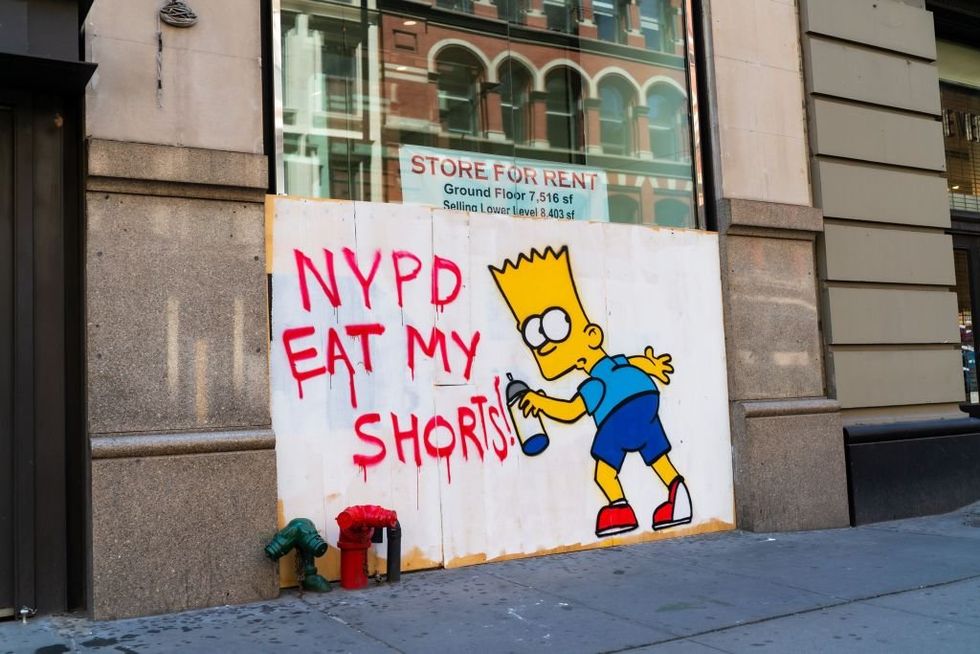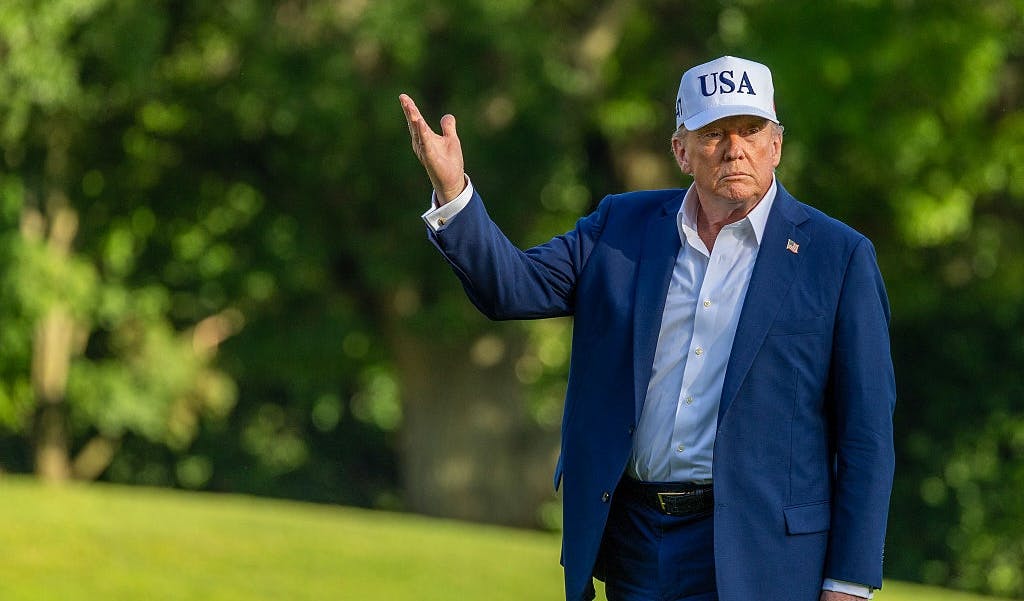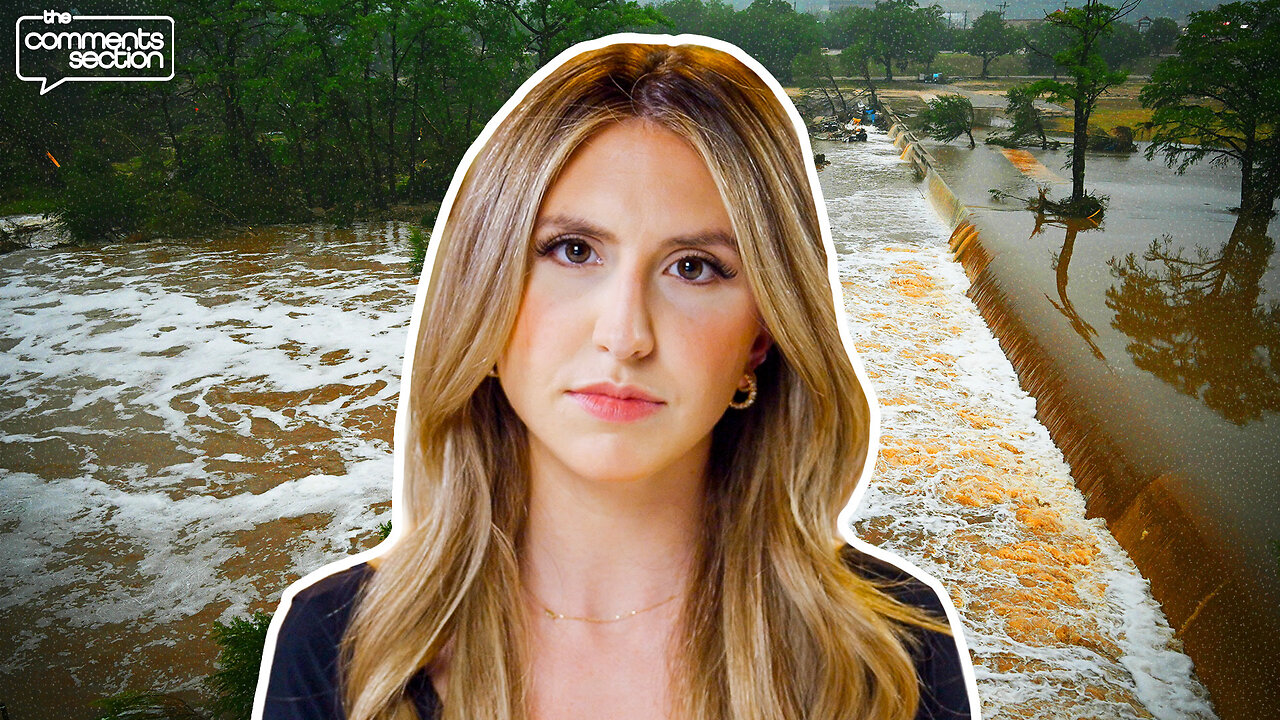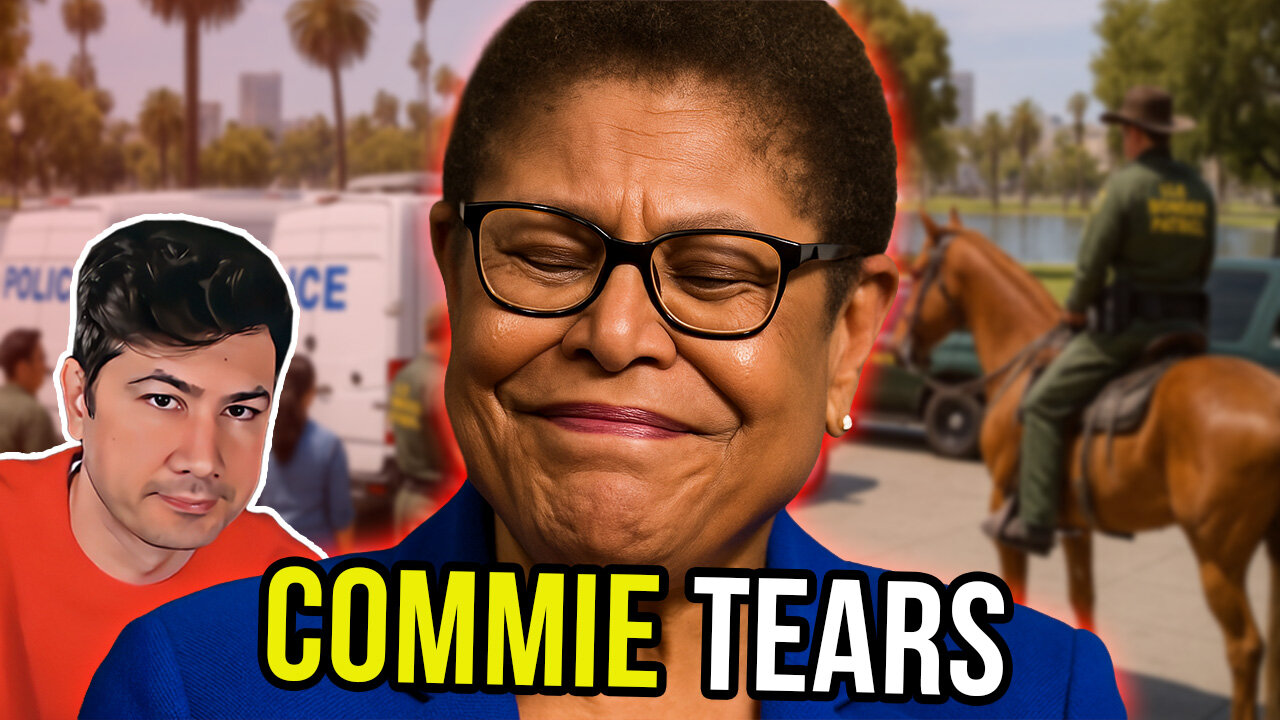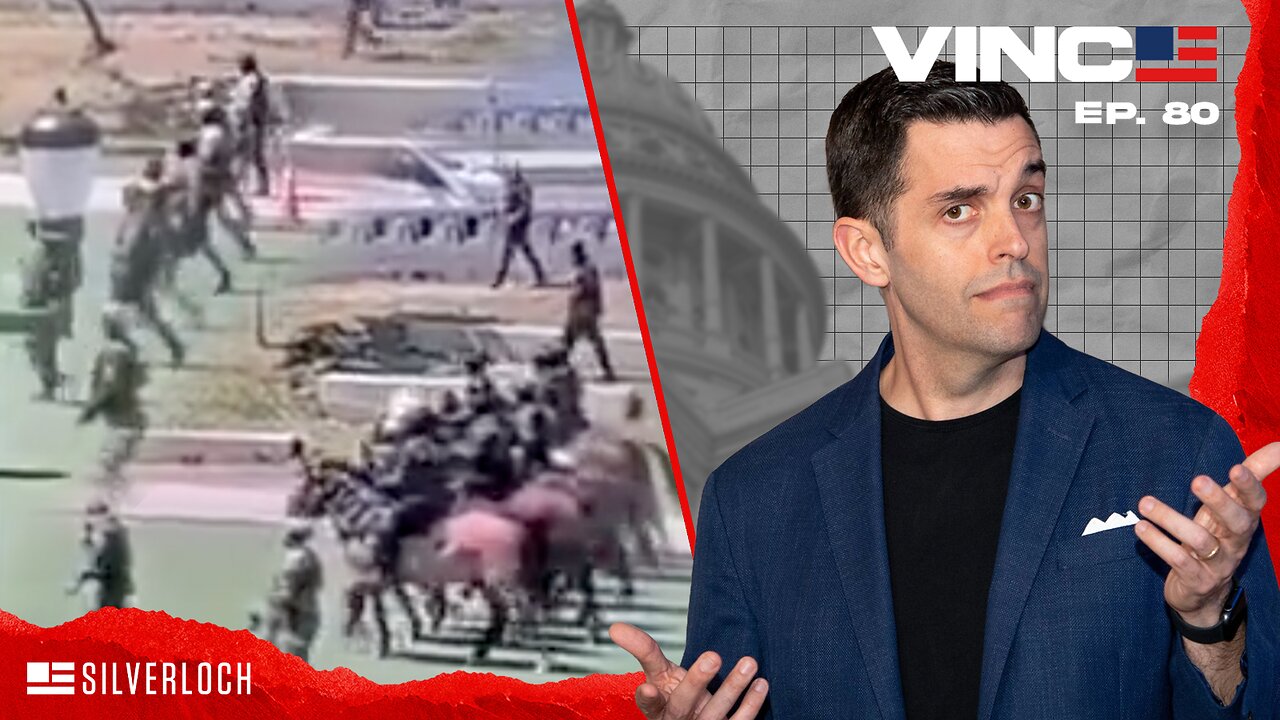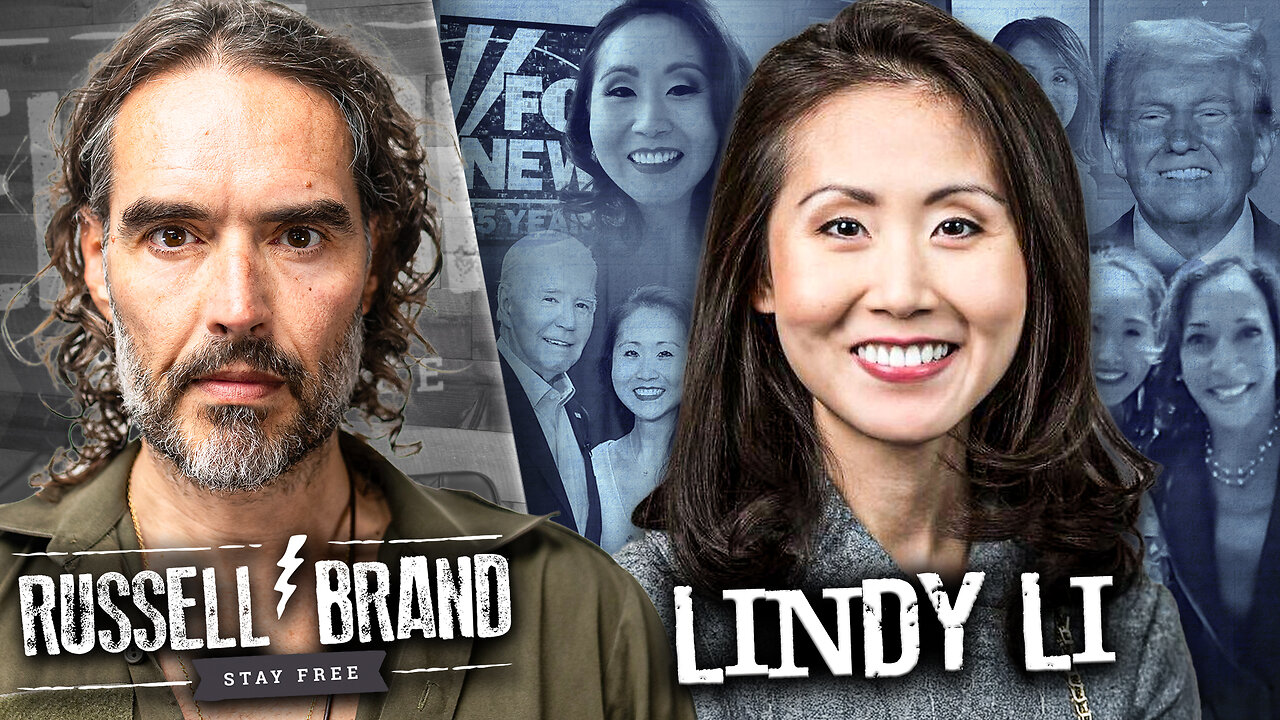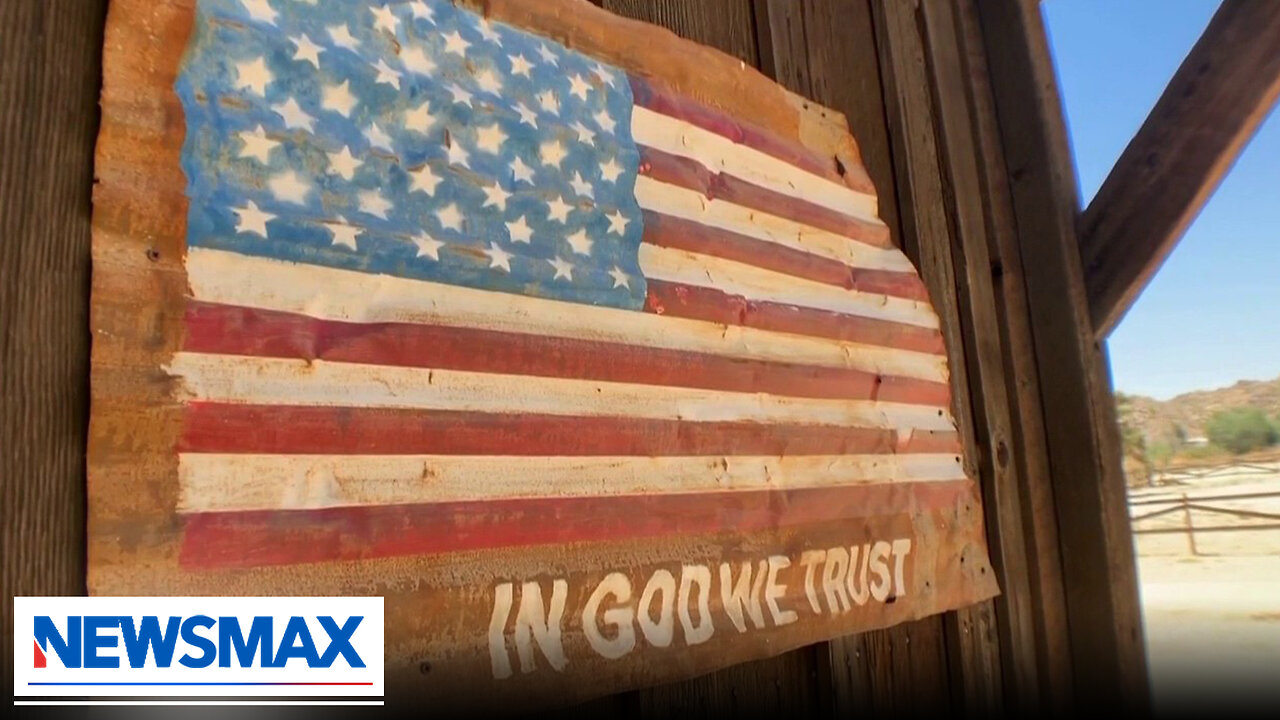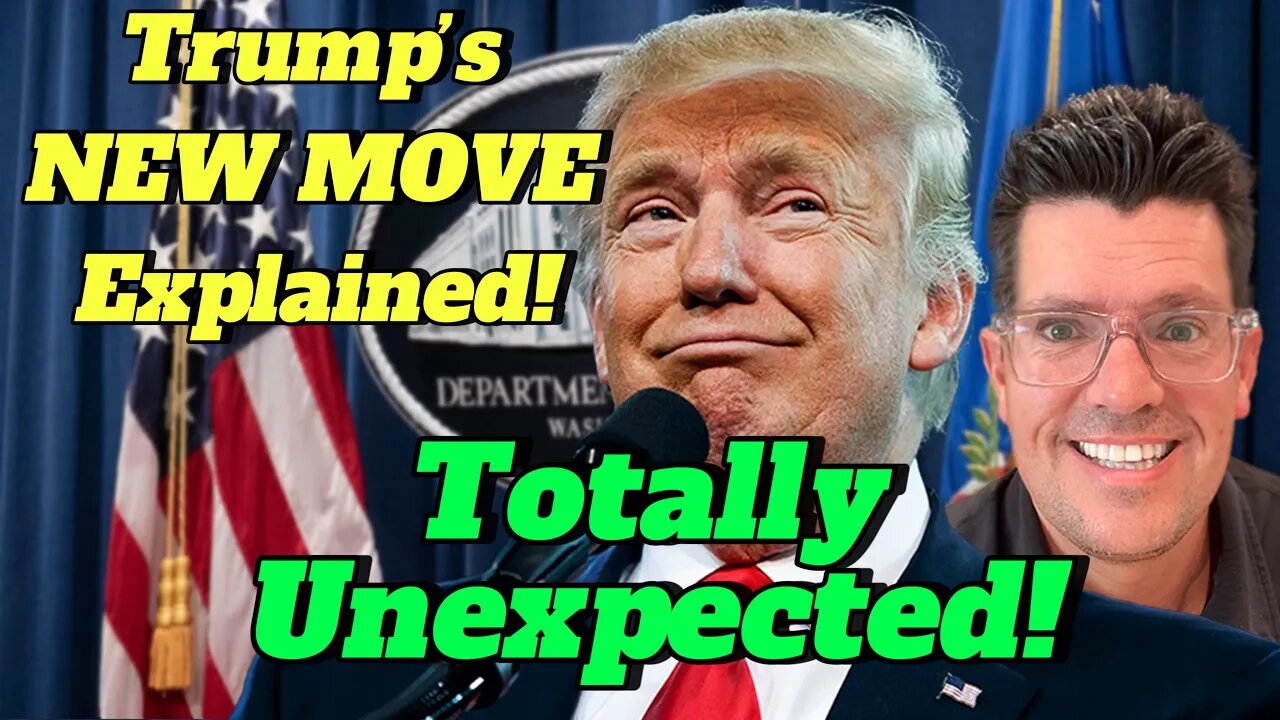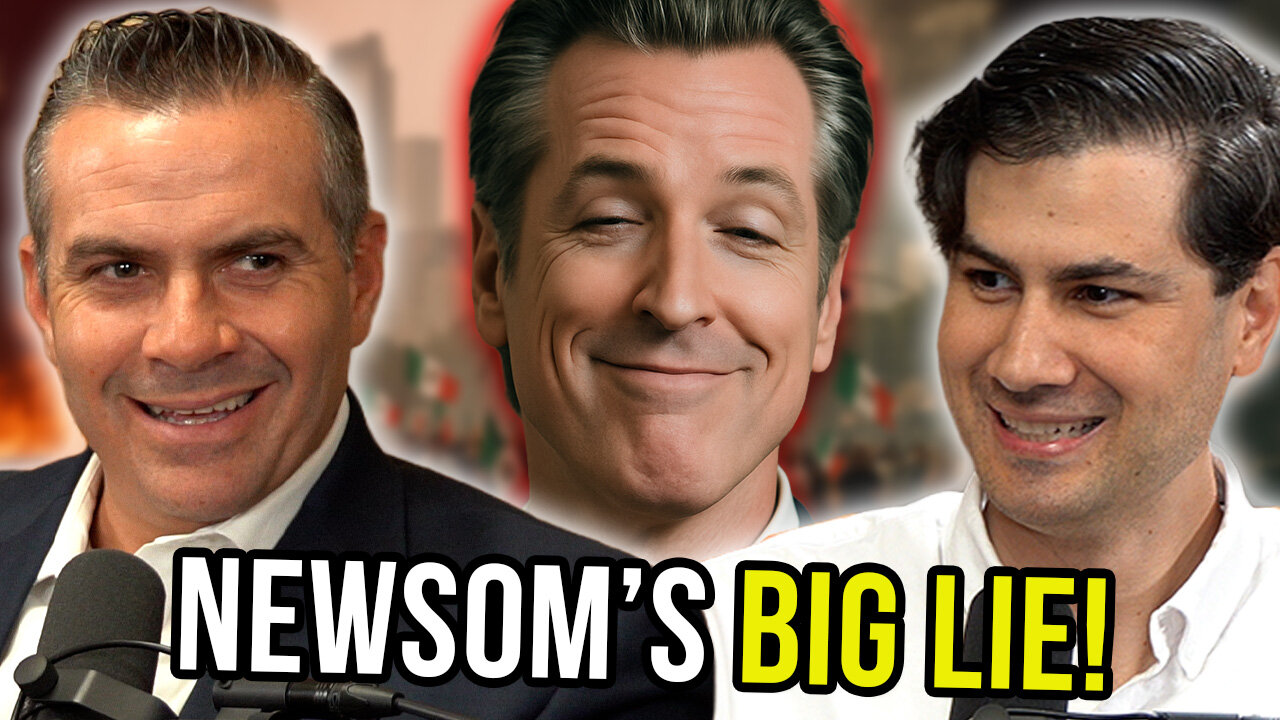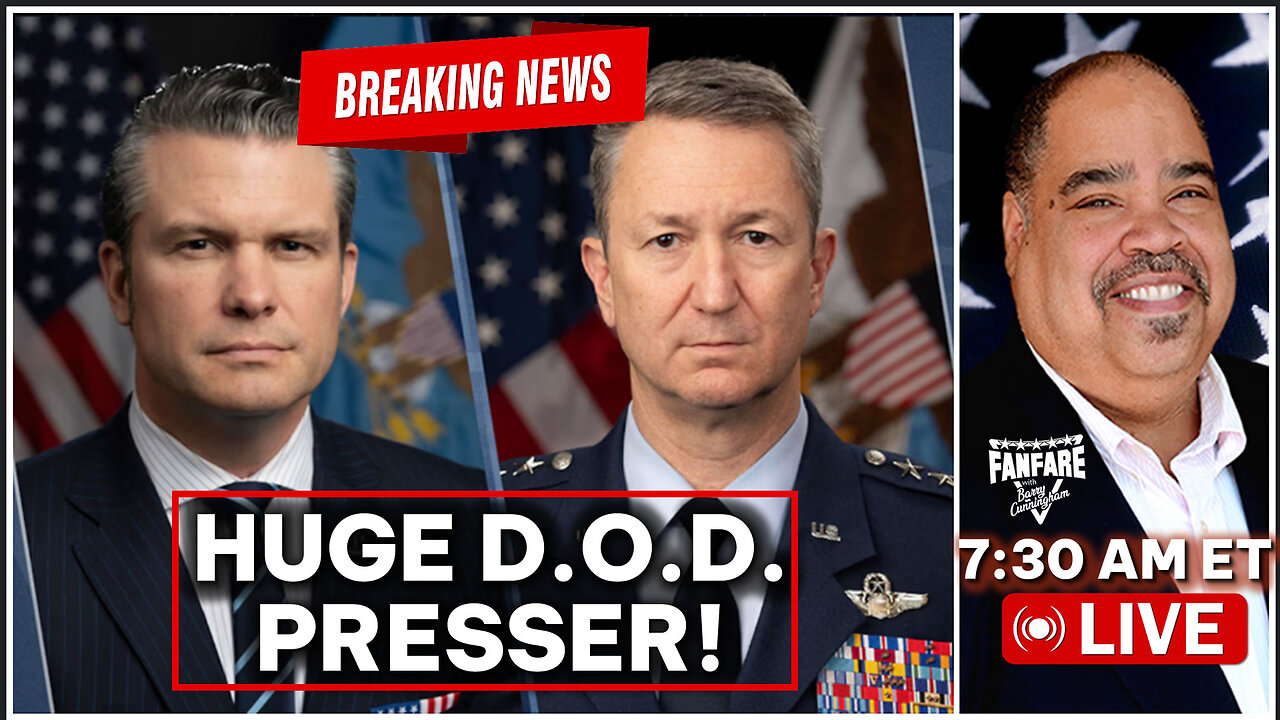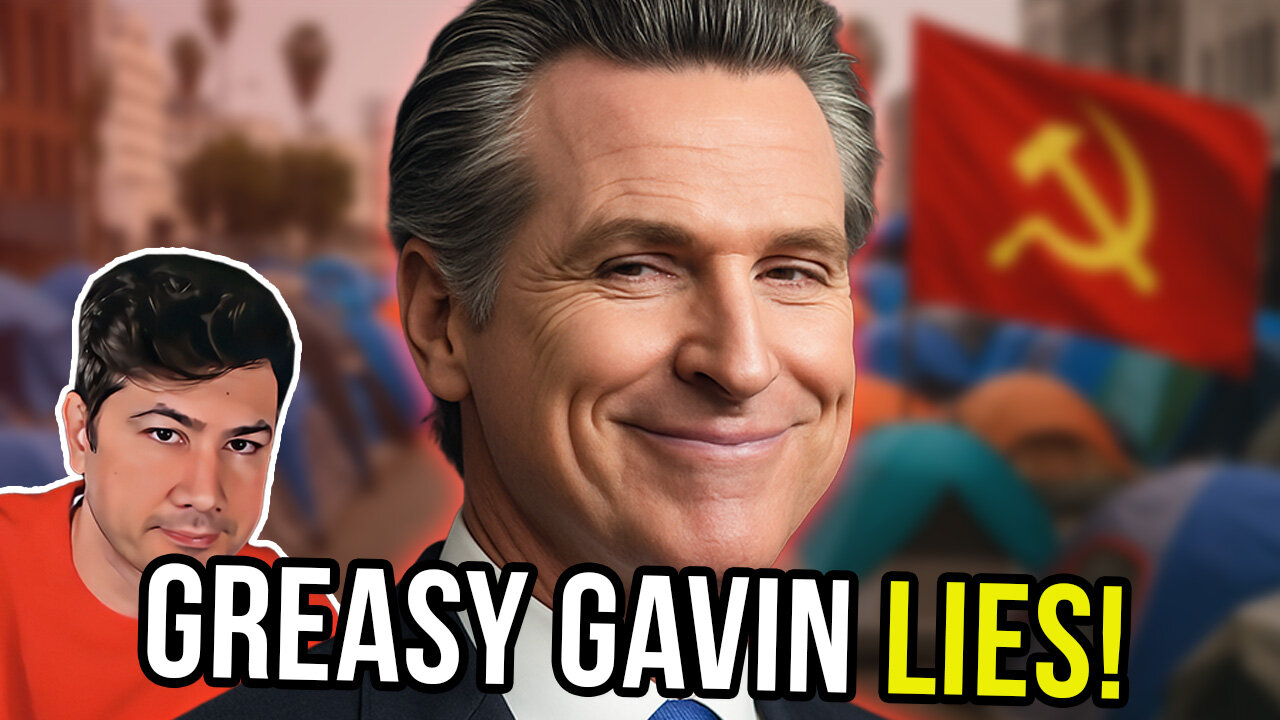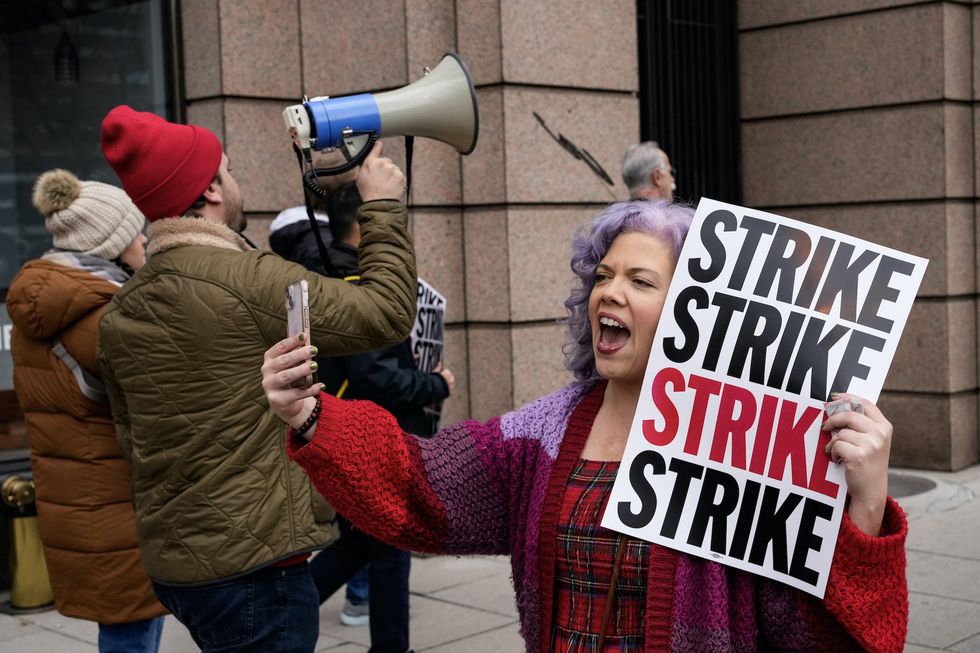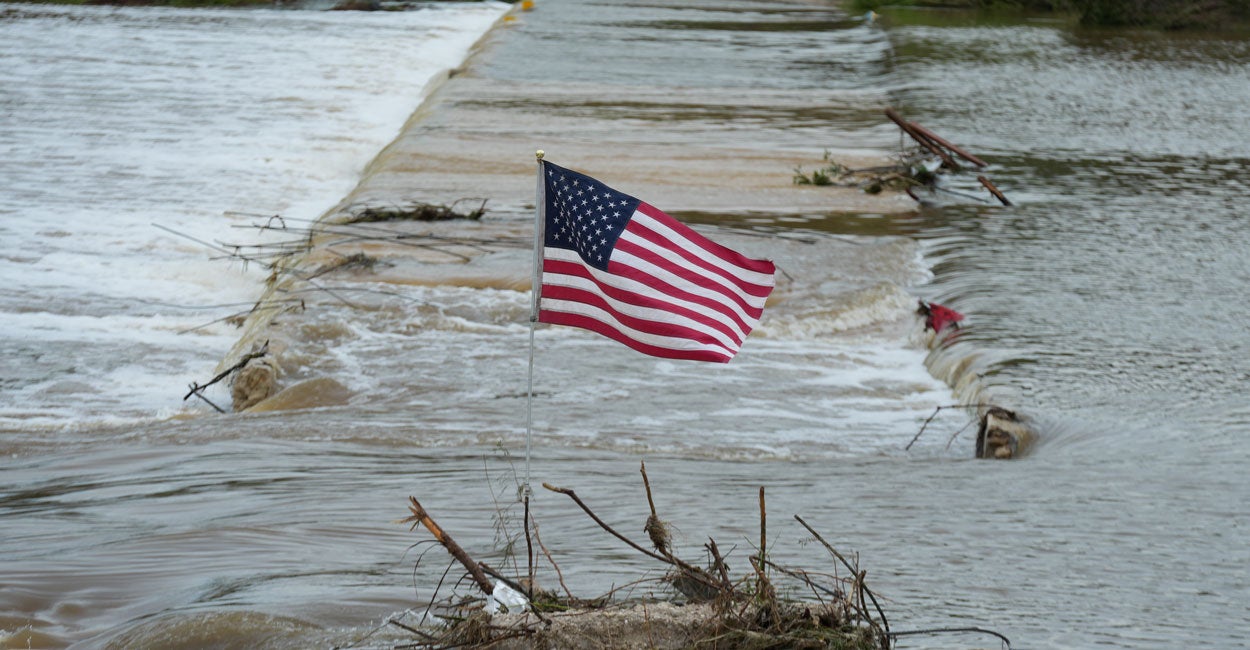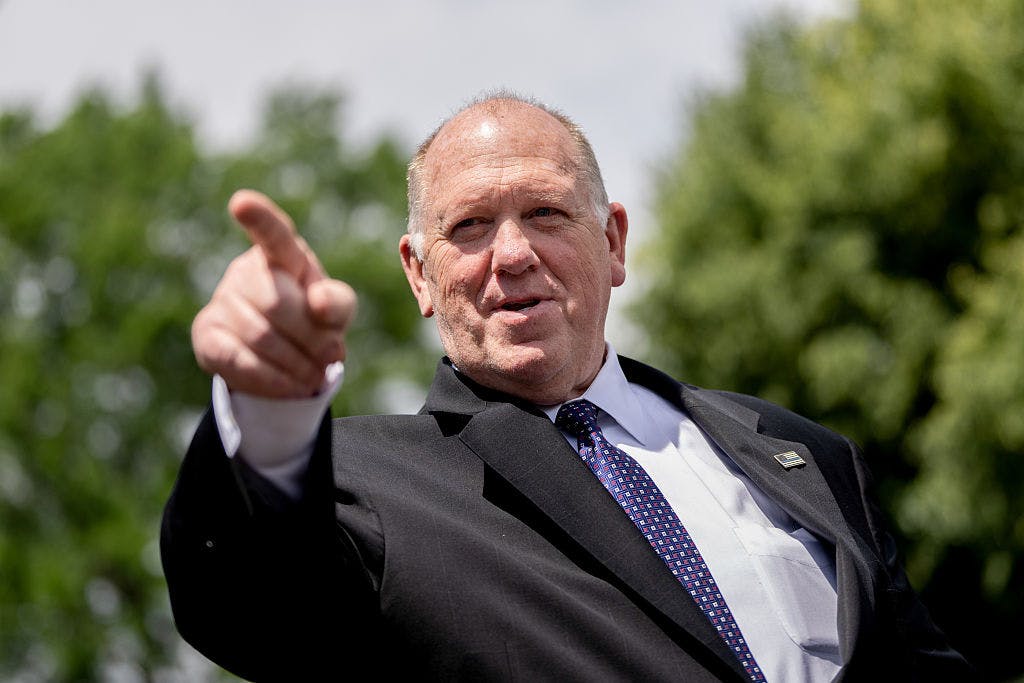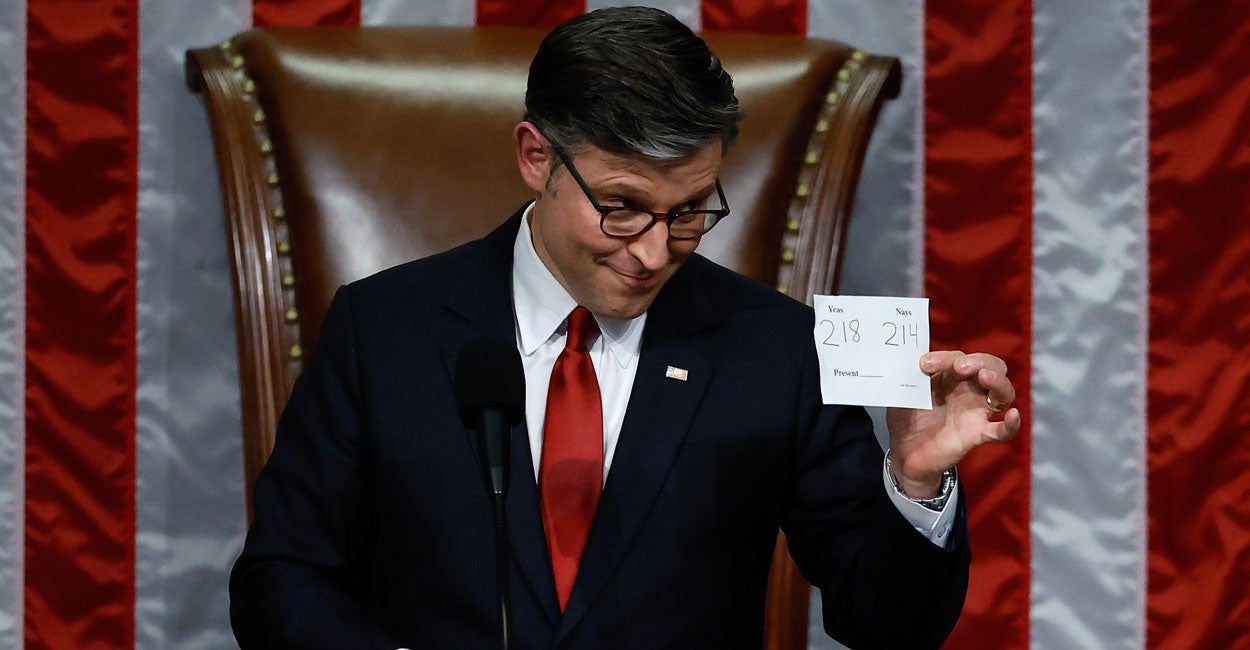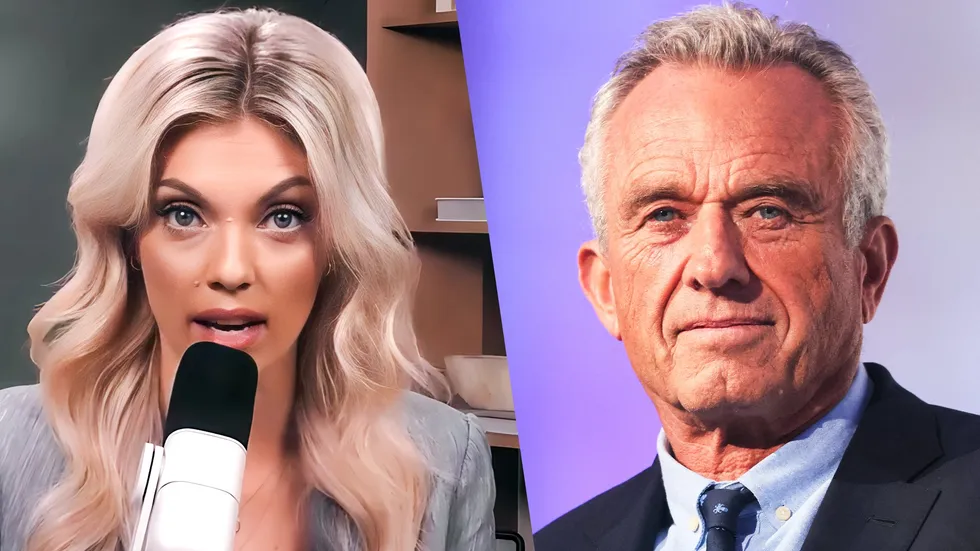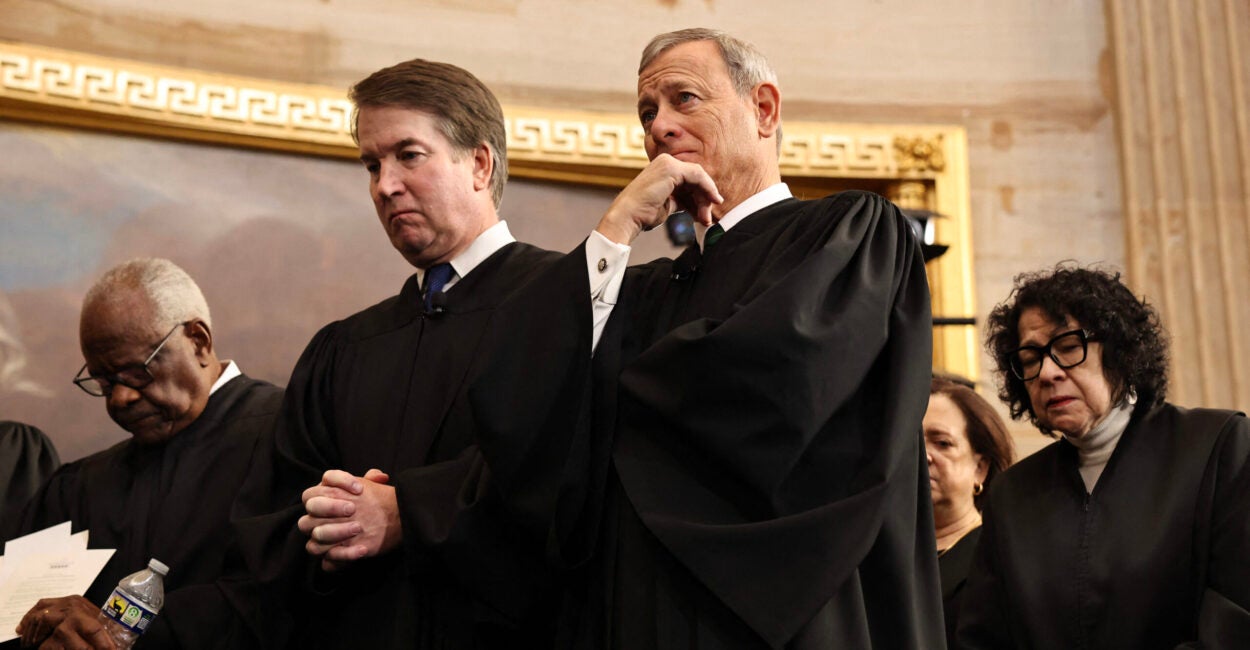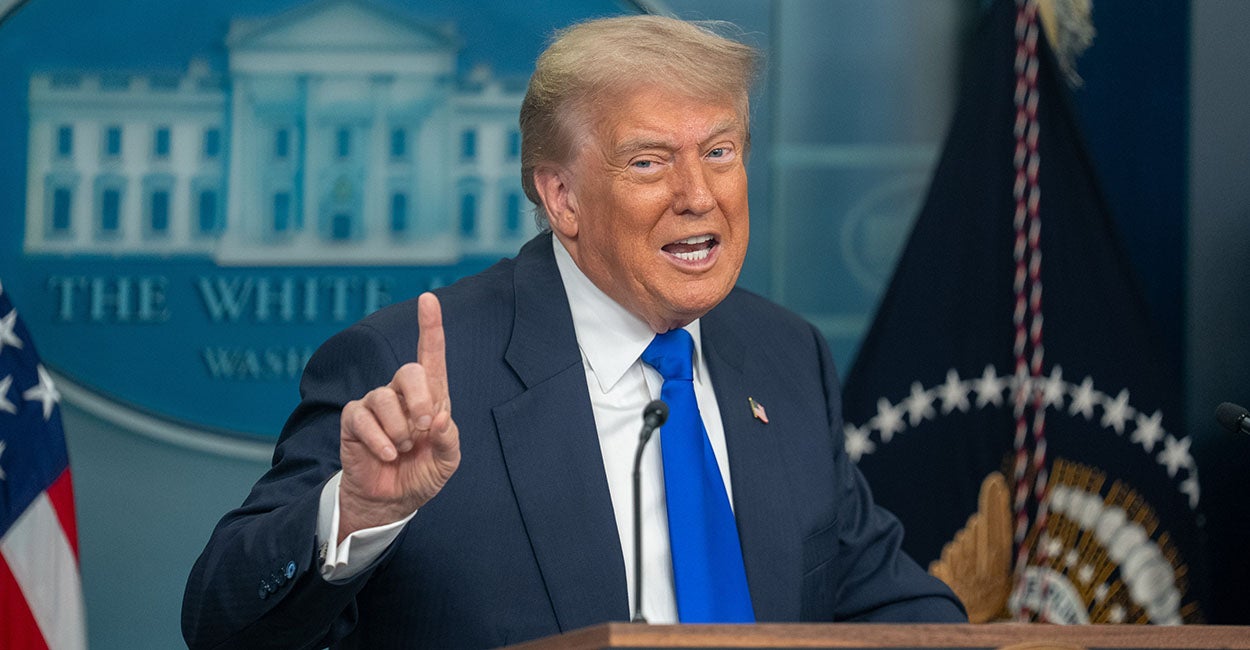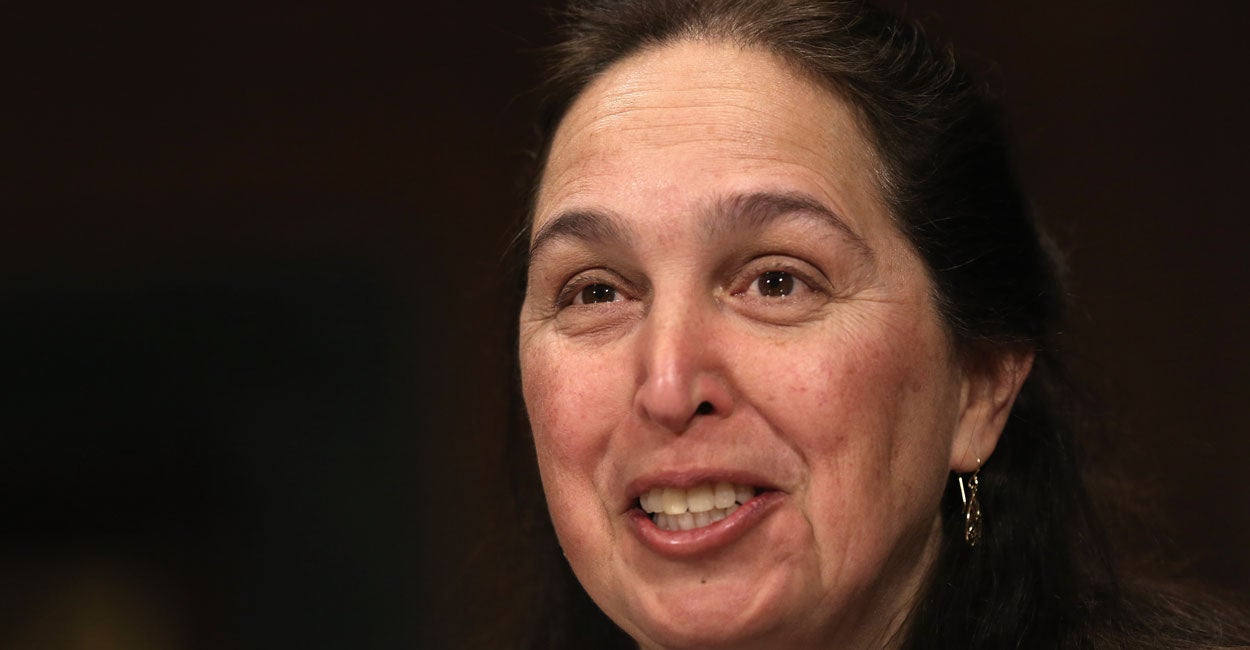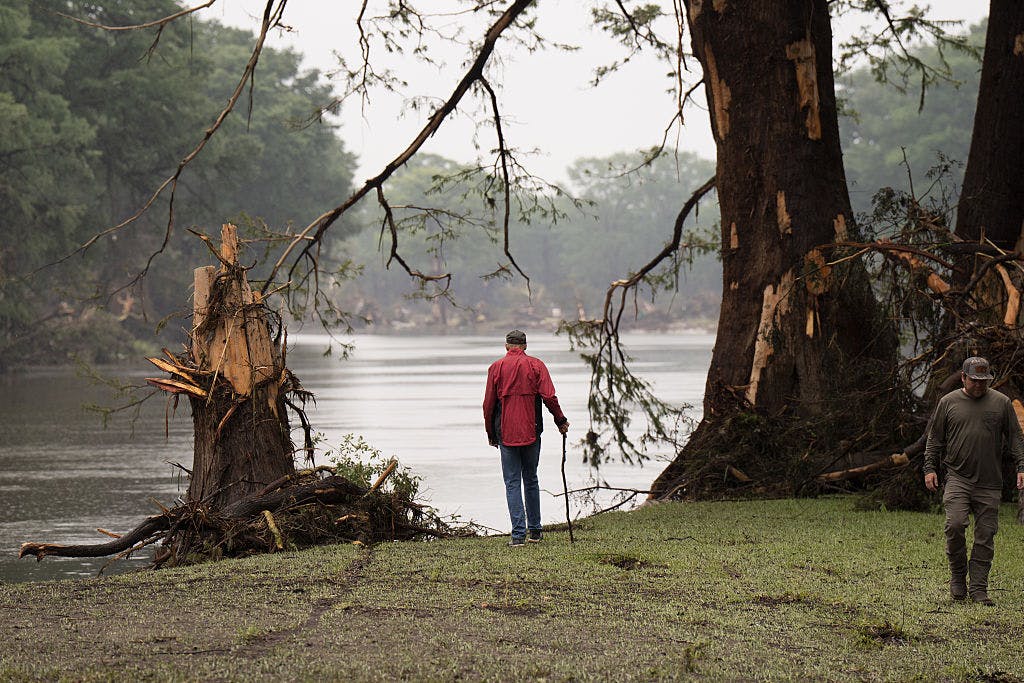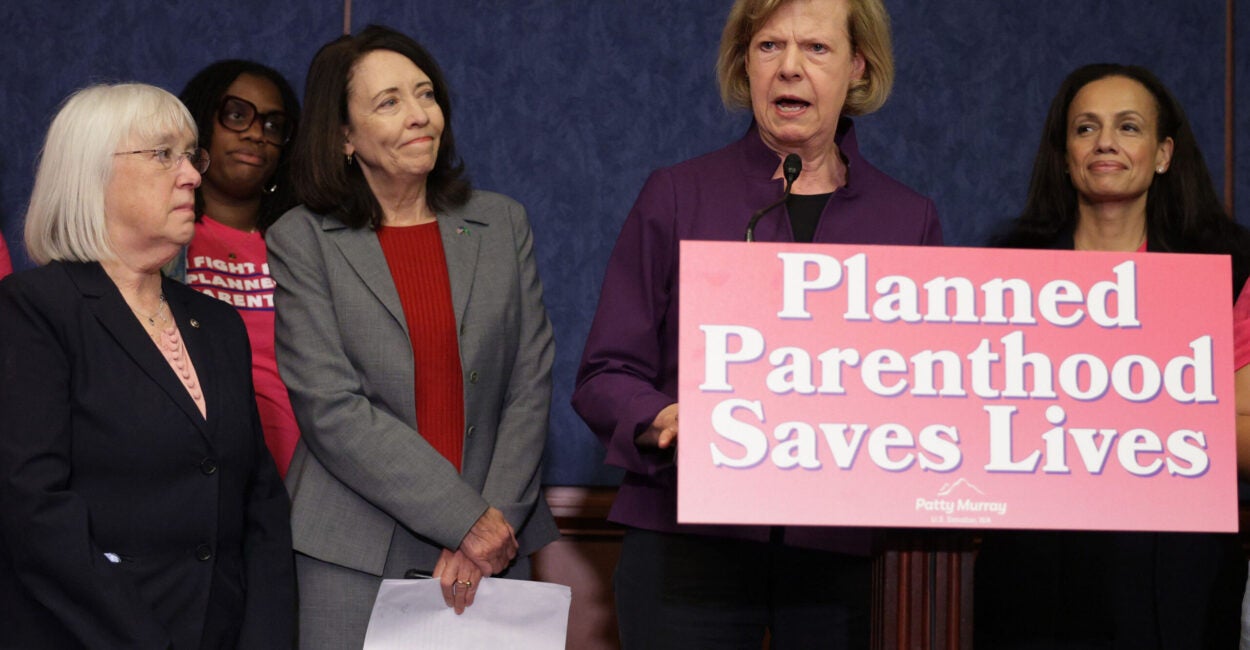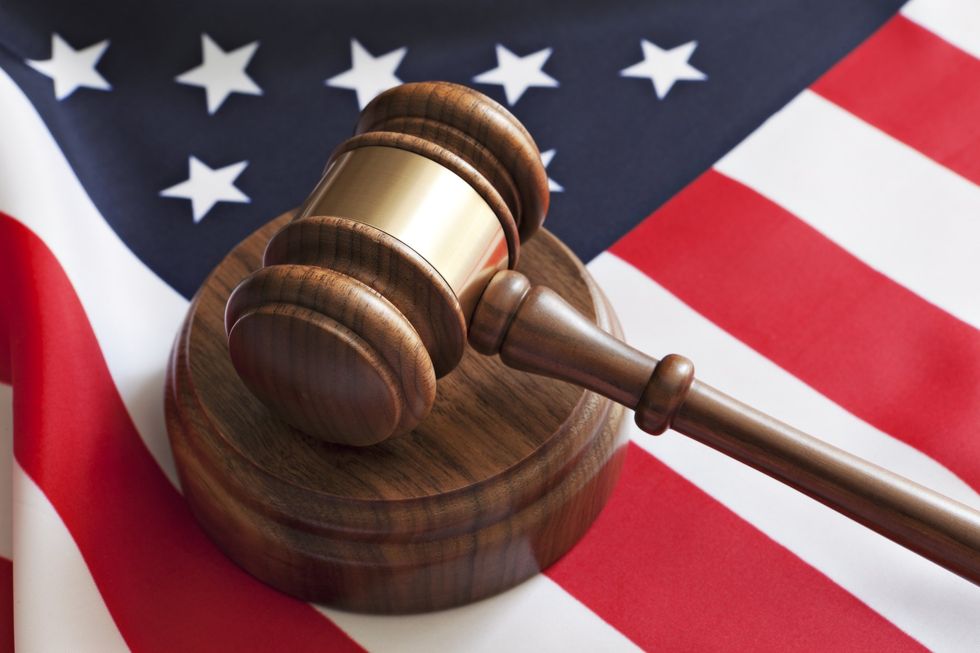Justices Skeptical of Porn Websites’ First Amendment Claims in Age-Verification Challenge
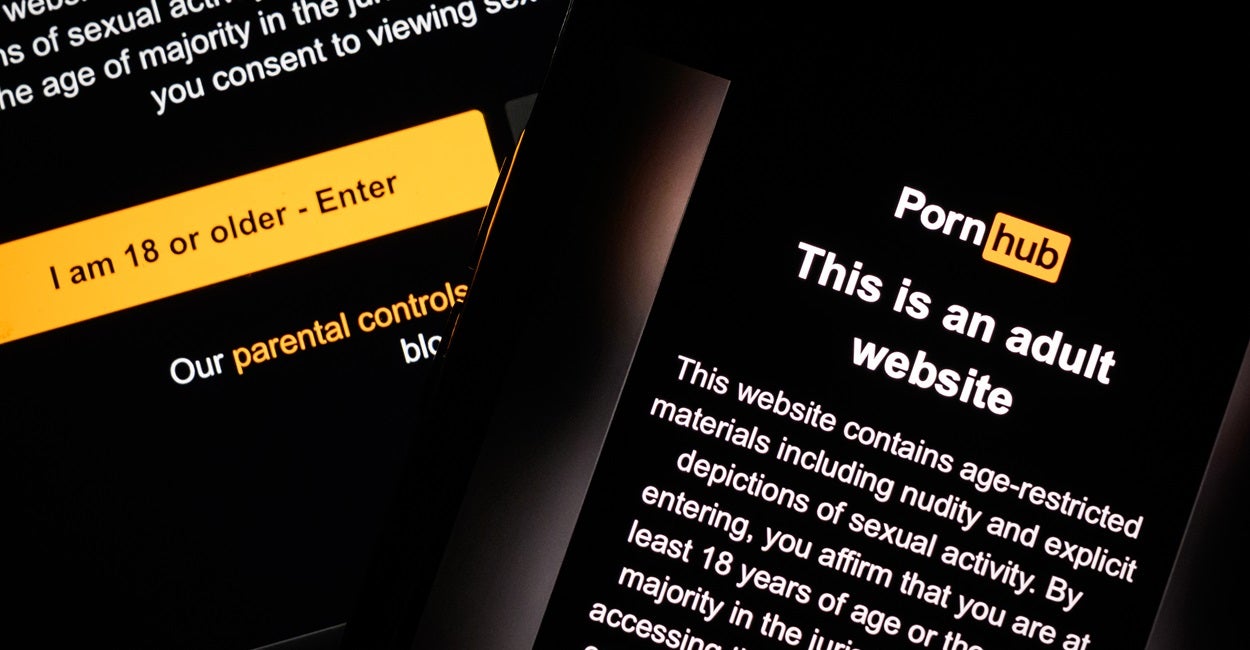
Free speech online is “imperiled” by a Texas law requiring multinational pornography websites to verify that their users are at least 18 years old, the lawyer representing them at the Supreme Court said Wednesday.
Most of the Supreme Court justices seemed skeptical, although the pornographers appeared to have found two zealous defenders on the bench.
Pornography companies don’t want to have to verify their users’ ages because they fear that it will “burden” their users’ ability to look at porn, which the Supreme Court has held is “protected free speech.”
Texas, meanwhile, knows that porn is bad for people, especially children, and that children can get easy access to it through the high-speed internet connections on their computers, phones, and video game consoles.
Knowing that the Supreme Court protects adults’ ability to view porn, Texas allows adults to visit those websites, provided they verify their age.
Texas’ law is like an old New York law that made it illegal to sell pornographic magazines to children. In 1969, the Supreme Court upheld that law in a case called Ginsberg v. New York on the grounds that it was “not irrational” for the state to protect children from the harm of pornography by making sellers verify the age of purchasers.
Of course, when the court decided Ginsberg back in 1969, there was no internet. To get pornography, you had to buy it in hard copy from a brick-and-mortar retail store.
Texas argued that its law is just “the digital version of Ginsberg,” but the pornographers argued that it’s not so simple. Ginsberg, they said, imposed no restrictions on adults. Or, if it did, the restrictions were very minor and temporary. But Texas’ law requires porn viewers to give identifying information online where it might exist forever and get hacked.
Besides, the pornographers argued, the court’s internet-era cases hold that regulations of online porn should get the strictest judicial scrutiny. States must do much more than show that their law is “not irrational”: They must show that it is “narrowly tailored to a compelling government interest.” And Texas’ law, they argued, is not narrowly tailored because age-verification “chills” access to pornographic free speech.
The justices seemed more favorable to Texas.
Justices Clarence Thomas, Samuel Alito, and Amy Coney Barrett were highly skeptical of the pornographers’ claim that what Texas should have done instead of age-verification is “educate parents” about how to put filtering programs on all their internet-connected devices.
Thomas pressed the pornographers’ lawyer to identify any sort of age-verification requirement that would pass muster, but he could not or would not.
Barrett suggested that content filtering was not a realistic solution. “Kids can get online porn through gaming systems, tablets, phones, computers,” she said, “content filtering for all those different devices, I can say from personal experience, is difficult to keep up with. And I think the explosion of addiction to online porn has shown that content filtering isn’t working.”
Alito drew the audience’s laughter by asking, “Do you know a lot of parents who are more tech-savvy than their 15-year-old children?”
Justices Neil Gorsuch, Elena Kagan, and Brett Kavanaugh and Chief Justice John Roberts also threw hard questions at the pornographers’ lawyer. Gorsuch, for example, challenged his argument that lots of nonpornographic material would also be hidden behind age-verification by getting him to concede that one of the websites he represents, PornHub, is “probably” at least 70% hard-core porn.
Justice Sonia Sotomayor, on the other hand, rushed to the pornographers’ defense, twice interrupting Alito’s tough questioning. She asked the pornographers’ lawyer to confirm that lots of case law supports his argument and called Alito’s questions about Ginsberg’s applicability “a tangent.”
Justice Ketanji Brown Jackson also defended the pornographers, offering their lawyer the opportunity to rescind a concession that he had made to Kavanaugh and a way to try to distance this case from Ginsberg.
As a fallback position, the pornographers argued that Texas’ law was motivated at least in part by a desire to stop adults from getting access to pornography, but that claim found not a single sympathetic justice.
The federal government took a middle position. The government’s lawyer argued that strict scrutiny should apply, but that Texas’ law might survive after the lower courts answer certain factual questions about how age-verification would work in practice.
Barrett, Roberts, and to some degree Kagan questioned whether a lower level of scrutiny might be appropriate. Jackson, meanwhile, worried that age-verification would heighten the “risks and burdens” to the privacy of adults who want access to porn.
By the time Texas’ solicitor general took the podium, the tide of argument seemed to be in his favor. Texas’ law, he said, is just Ginsberg for the internet age. And under Ginsberg, if the law performs a “gatekeeping” function keeping minors away from hard-core pornography, then an “incidental” burden on adult speech is permissible if it is “not irrational.”
Alternatively, he invited the court to read Ginsberg as holding that an ID requirement to access porn was not a “constitutionally cognizable burden,” as the court has held in the voting rights context. Texas’ lawyer conceded, however, that if a state overburdened adults with layers of age-verification measures, then courts could apply stricter scrutiny.
Kagan noted that it was unusual for the degree of the burden to determine the level of scrutiny. Texas’ lawyer, with some assistance from Kavanaugh, answered that this anomaly was a byproduct of the fact that the court treats the same speech as being protected by First Amendment for adults, but unprotected for children.
By the end of the argument, it seemed that Texas had more justices on its side. That said, it’s almost certain that the case will not end here. The Supreme Court might articulate the appropriate standard of judicial scrutiny but return the case to the lower courts to apply it.
That would inevitably require more litigation and perhaps another trip to the Supreme Court.
The post Justices Skeptical of Porn Websites’ First Amendment Claims in Age-Verification Challenge appeared first on The Daily Signal.
Originally Published at Daily Wire, Daily Signal, or The Blaze
What's Your Reaction?
 Like
0
Like
0
 Dislike
0
Dislike
0
 Love
0
Love
0
 Funny
0
Funny
0
 Angry
0
Angry
0
 Sad
0
Sad
0
 Wow
0
Wow
0



